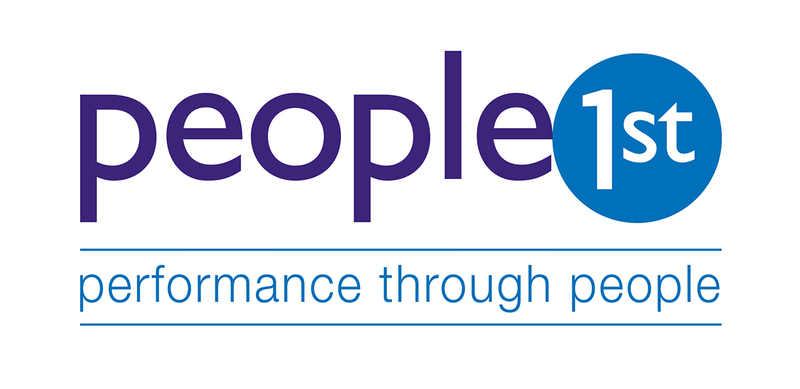In the wake of Chancellor George Osborne’s announcement that the proposed apprenticeship levy is set to become a £3bn reality for UK businesses, People 1st says that, while the levy may not be positively received, the hospitality industry must now maximise investment and secure a central role in its management.

This week the 0.5% levy on payrolls that businesses in the UK will have to face up to was confirmed in Parliament. The visitor economy, of which the hospitality industry is a key part, will make a significant contribution to the estimated £3bn figure with larger employers in the retail, hospitality, passenger transport and travel industries facing bills in excess of £100m.
People 1st is bringing together a task force of employers and trade associations, including Whitbread, Hilton, Compass, Merlin, McDonalds, The British Beer & Pub Association and The Association of Licensed Multiple Retailers. The aim of the task force is to help drive forward the implementation of the new apprenticeship standards and influence the government on how the levy is implemented.
Simon Tarr, chief executive of People 1st, comments: “The levy is going to pose some real challenges and there is a risk that those businesses offering high quality training will have to divert this investment to apprenticeships even if this is not necessarily the right fit.
“However, for many businesses apprenticeships can provide real bottom line benefits. For instance, 80% of companies that invest in apprentices report an increase in staff retention while an apprentice typically contributes £1,800 to the bottom line throughout their training, increasing to an impressive £5,200 per hospitality apprentice.
“We have been working with over 200 employers across the visitor service economy to create new apprenticeship standards, offering employers a system that has been designed by them and for them, and prepares apprentices for a career, not just a job. Launching in spring 2016 the new standards represent the biggest change to apprenticeships in recent times. They have been created flexibly to allow businesses to choose a variety of training options, which are right for their business, and we are working with the industry to demonstrate the benefits of apprenticeships.

“For the sake of these new standards, we, as an industry, need to ensure the levy works for us; it’s going to be challenging for many businesses, but it’s not going to go away. We must now make our voices heard loud and clear to government on how it is managed.”
“We have 18 fantastic apprenticeship standards already approved by the Skills Minister, which form clearly defined career pathways. If the sector can influence how the levy is implemented and managed, there will be huge benefits to be reaped across improving productivity, driving sector recruitment, better career progression and of course assisting staff retention.
“The visitor economy needs to recruit 6.2m staff by 2022 and apprenticeships can play a valuable part in this as they represent an important entry route.
“Apprenticeships become even more integral when you consider that the visitor economy needs to recruit 1.4m managers by 2022. Put simply, apprenticeships are good for business.”














